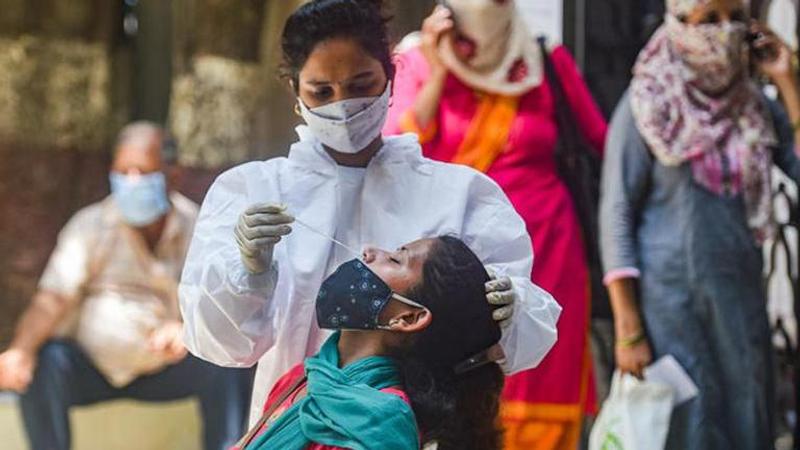Published 17:08 IST, July 11th 2021
Singapore reports 8 new COVID-19 cases on July 11; 1 locally transmitted infection
There is one new case of locally transmitted COVID infection, who is currently unlinked, said MOH in a news release. The remaining seven cases are all imported

Advertisement
The Singapore Ministry of Health on Sunday confirmed the detection of eight new cases of COVID-19 infection.There is one new case of locally transmitted COVID-19 infection, who is currently unlinked, said MOH in a news release. The remaining seven cases are all imported, and have already been put on isolation.
One of the imported cases was detected upon arrival, while six developed the illness during isolation.
In its Saturday update, MOH said there were no new cases of locally transmitted infection – the first time in 76 days that no new local cases were reported in the country. All six of the new cases detected on Saturday were imported, three of whom were detected upon their arrival in the country while the remainder developed symptoms during their SHN or isolation period.
One in 10 COVID recovered patients suffer from persistent symptoms: Study
The country's National Centre for Infectious Diseases found that 1 out of 10 recovered COVID-19 patients in Singapore has persistent coronavirus symptoms even after six months of recovery. The condition is called "Long COVID" in which a person experiences prolonged health complications and the burden of this long-lasting illness has been on the lungs, heart, brain, and gut.
The Straits Times reported on Saturday, citing the study by the country's top infectious disease body which is focusing on COVID-19 treatment. "In this condition, a person continues to experience COVID-like symptoms including, lingering cough, shortness of breath, persistent fatigue, dizziness, and insomnia". However, the long-term consequences are noted in those who suffered from severe symptoms, persistent and long illness requiring hospitalization, and underwent critical care. Meanwhile, these symptoms have escalated concern among the citizens, as these persistent illnesses are affecting the society and economy of the country.
What is Long COVID?
The study led by NCID involved three other public hospitals. Patients typically joined the study during their first week of illness and are monitored for six months. A total of 288 patients were recruited, and 183 of them returned for outpatient follow-ups.
Singapore started this study in January 2020, when the country recorded its first-ever case of COVID-19. The study aims to examine the long-term impact of COVID-19, up to 2 years post-infection.
Dr Barnaby Young, a consultant in NCID who was involved in the study, said, "We understand from cases, who passed on from acute COVID-19, that although the lungs are the major organ affected, the virus caused wider damage. This included damage to the heart as well as the inner lining of small blood vessels. In some cases the Sars-CoV-2 virus damages blood vessels, and in particular small vessels that are present in every part of the body, leading to blockage of the blood supply and bleeding. Whereas other complications such as blood clots may also be considered to be part of long COVID, Dr Young added.
CREDIT: (With some PTI inputs)
Updated 18:34 IST, July 11th 2021




